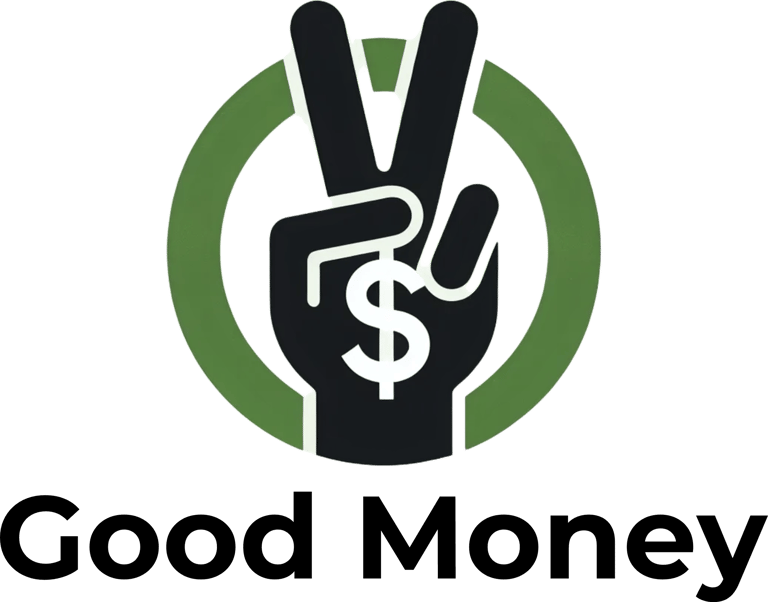DEI in Retreat: From George Floyd’s Legacy to Silence and Setbacks
In the wake of George Floyd’s murder, diversity, equity, and inclusion—known widely as DEI—emerged as a rallying cry for corporate and institutional accountability. But nearly five years later, many of those commitments have faded, overshadowed by political backlash and corporate hesitation.
NEWS
Staff
5/28/20252 min read


In the wake of George Floyd’s murder, diversity, equity, and inclusion—known widely as DEI—emerged as a rallying cry for corporate and institutional accountability. But nearly five years later, many of those commitments have faded, overshadowed by political backlash and corporate hesitation.
According to KARE 11, Floyd’s death in 2020, when Minneapolis police officer Derek Chauvin knelt on his neck for over nine minutes, spotlighted systemic racial injustice and police brutality. It also forced institutions to confront long-ignored inequities.
“It became an opportunity to interrogate why this sense of invisibility remains,” said Dr. Yohuru Williams, director of the Racial Justice Initiative at the University of St. Thomas. “Corporations, especially Target, were forced to acknowledge how Floyd’s death reflected deeper exclusion.”
Target pledged $2 billion to support Black-owned businesses and create more equitable experiences for Black consumers. But under political pressure—including an executive order from then-President Donald Trump that criticized DEI as divisive—Target and others began quietly rolling back those efforts.
“It feels like betrayal,” said Sheletta Brundidge, a Twin Cities podcaster whose business benefited from Target’s initial DEI initiatives. Weeks after she urged support for Target, the company announced its own DEI cuts. “I'm heartbroken,” she said.
Williams noted early progress, but also performative gestures. “Now there’s backlash—this idea that DEI discriminates against the white majority,” he said. “And I worry about the loss of talent and vision.”
Many nonprofits now hesitate to publicly support DEI, fearing financial repercussions. One leader, granted anonymity by KARE 11, said 40% of their funding was frozen post-Trump’s order. Funds later resumed—but with new restrictions.
“You can keep receiving federal money,” they said, “but not for anything labeled DEI.”
They’ve kept the work, but changed the language.
Even corporations are wary. Federal contractors have backed away, concerned their support could jeopardize funding.
“It’s easy to be cowardly,” said Steve Young, former dean of Hamline University School of Law. “If this fight keeps us circling the cul-de-sac, it’s bad for the country.”
Young invoked Hubert Humphrey’s call to action: “We must walk forthrightly into the bright sunshine of human rights.”
But for now, DEI remains in the shadows.
Connect
Discover businesses aligned with your values today.
info@goodmoney-app.com
© 2025. All rights reserved.
Write your text here...
A Subdivision of Original Media Group LLC.

